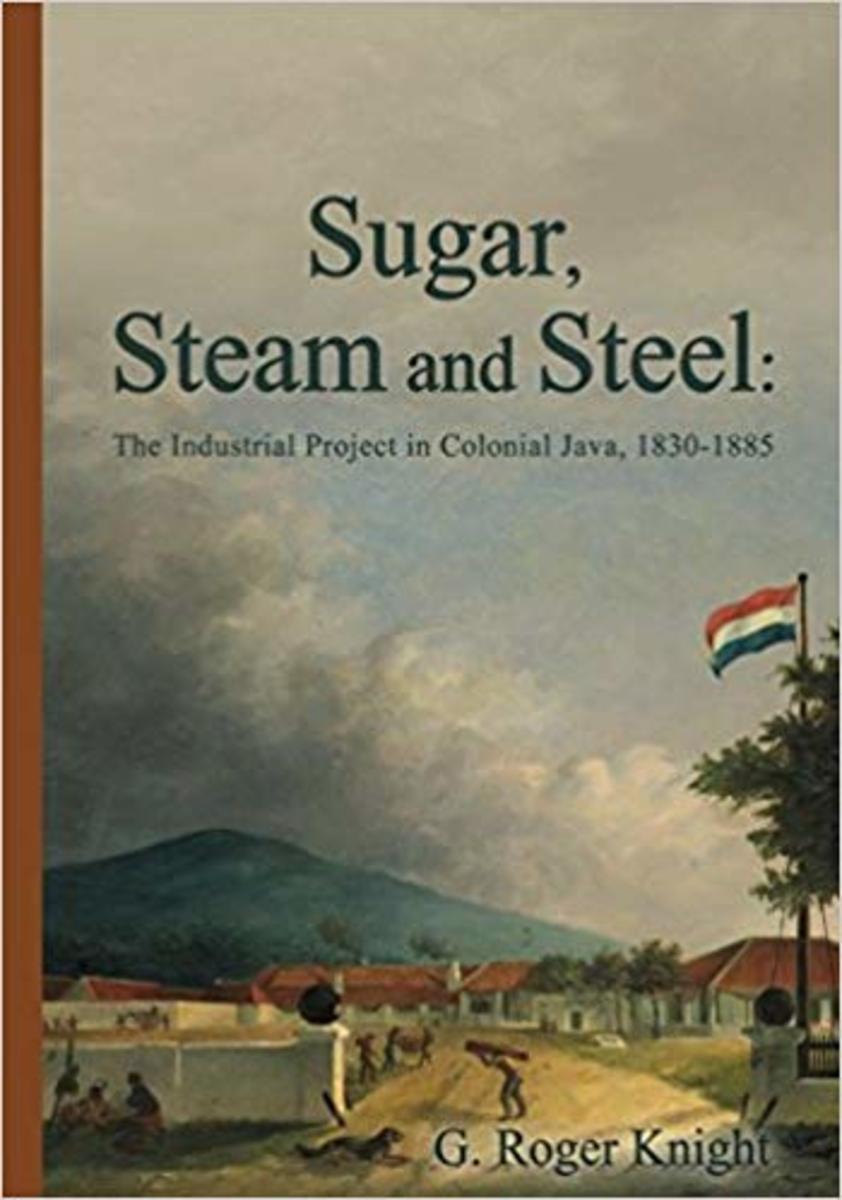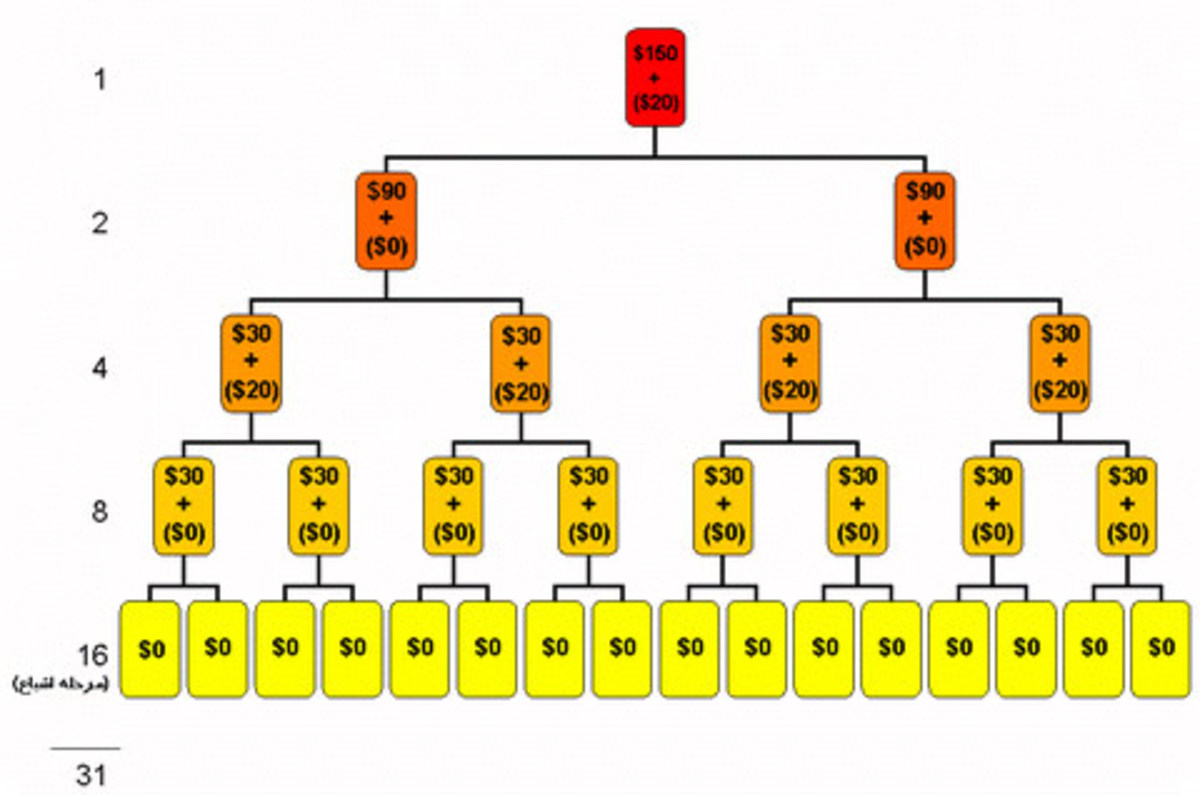The LAND for INDUSTRY question

The LAND for INDUSTRY question The significance of INDUSTRIALISATION vis-a-vis NATIONAL DEFENCE : a THESIS The LARR Bill 20111
( First published on Thursday, 9 February 2012 )
I am convinced that the issue of industrialisation is as weighty an issue as that of building our national defence. The points that follow corroborate this view of mine.
1 Without industrialisation we would remain a backward, hence economically weak, nation.
2 Economic powerlessness means defencelessness too, for an industrially backward nation has to depend on developed nations for defence equipment, arms and ammunition, radars, missiles, gunships, fighters, bombers, et cetera, et cetera necessary to survive present-day warfare, which are obtainable for payment in dollars and pounds sterling, which industrially and economically backward nations are unable to make as dollars and pounds sterling are hard-earned foreign exchange that is to be earned through selling mainly industrial goods of international standard in international markets at internationally competitive prices.
3 Even if we want to raise the productivity of land and labour so as to be able to earn some foreign exchange by exporting part of our farm produce, we need large-scale industrialisation because modern farm implements and machinery(eg tractors, powertillers, combine harvesters, etc), machines for modern irrigation(eg pumps for shallow and deep tubewells, etc), GM seeds, chemical fertilizers, effective pest-control devices and chemicals, machinery necessary to produce all these, machinery required for the production of power necessary to make all these machines work, et cetera, all are to be produced on large scale in large, hi-tech industries as the larger the scale of production is, the lower the cost of production falls.
The above three points, I reckon, unquestionably show the correctness of my thesis.
I also believe that industrialisation is our urgent national need in order to safeguard us against our inside enemies, as well. In reference to this point, I would call your attention to the points stated underneath.
1 The informed and intelligent citizenry hold that the dreadful problem of Maoism that, our Rt Hon Prime Minister rightly believes, poses the direst threat to the internal security of our country is rooted in massive underdevelopment, especially in tribal belts that supply the terrific outfit of jungle terrorists with the bulk of its members.
2 As agriculture does not pay, there seems to be no alternative to large-scale industrialisation for the development of the country as a whole and the economic advancement of the poor multitude.
3 The fact that most of the farming community of our country are pretty much down-and-outs unable to make both ends meet and leading an existence befitting beasts2 incontestably shows that agriculture is just not remunerative.
4 In order to help the poor and down and out live a decent life, we need create rewarding-work opportunities for them, the creation of which calls for large-scale industrialisation.
5 With growth in industrial output grows the state's revenue, for all incomes of industrialists and almost all industrial products are taxed, as a result of which a huge sum in the form of income tax, excise, sales tax, etc enters into the state's coffers.
6 As the bulk of farm produce is untaxed and most individual earnings from farming are too low to be subject to taxation, agriculture's contribution to the national exchequer in general happens to be insignificant vis-a-vis that of the industrial sector.
7 Growth in the state's revenue involves proportionate growth in the state's welfare expenditure, which means more funds for the one-hundred-day-work-per-annum project to help the poor, more subsidized foodgrain for the have-nots, more state-aided schools and colleges, more state-run hospitals and health centres, etc, which means more teachers, more lecturers, more doctors, more nurses, more medicines, more X-ray, USG, and CT scan services, more MRI tests, et cetera, et cetera in the service of the poor.
8 The study of the developed First World where the standard of living of an average citizen is far better than that of an average Indian also corroborates the view that in order to effect the economic uplift of the poor masses, we have no alternative to industrialisation.
9 It seems to follow from the foregoing that to ensure national security, both internal and external, and for the economic uplift and well-being of the poor of our country as well as the progress and development of our society as a whole, we have before us no option other than speedy and large-scale industrialisation.
10 But large-scale industrialisation necessitates the acquisition of land by the state because large industrial projects each need a large piece of land at a stretch which industrialists may not be able to collect by themselves through direct purchase as everywhere they are very likely to come across a band of imbecile, silly, and unyielding landowners who, like those of Singur and Nandigram, have this attitude : 'Down with industry! Down with development! We won't give up our land.'
My main contention is that the need for rapid, large-scale industrialisation matters no less than the necessity of building powerful and effective defence to save our motherland.If you fall in with this view of mine, you are also expected to subscribe to the view that we need a Central law to empower the state governments to acquire, regardless of the consent of landowners, any kinds of and any quantities of land for the purpose of industrialisation, just as a similar piece of legislation for the forcible acquisition of as much land as necessary to serve our defence purposes is wholly justified. But the LARR Bill 2011 with the proviso that mandates3 obtaining at least 80 per cent landowners' consent to the acquisition of necessary pieces of land for an industrial project even as it provides for the expropriation of, no matter what attitude the landowners concerned adopt towards it, unlimited ground for projects like laying railway tracks, building roads, embankments, etc is obviously contrary to this. It is evident that this land bill is premised on the misconception that even laying a pair of rails or building a one-km-long roadway is far more important than the implementation of an industrial project. For this reason I feel it is high time all the sensible citizenry of our country voiced their opposition to the proviso at issue and demanded its outright expungement.
Readers who feel in agreement with me on the points discussed in this discourse are expected to join forces with me to focus national attention on them. I want a national debate on, especially, my thesis on the significance of industrialisation and invite all the readers to take part in it.
references :
1 The Land Acquisition and Rehabilitation and Resettlement Bill 2011
2 According to the National Advisory Council, 90 per cent of our rural folk suffer the lack of food security.
3 This term is used here in this sense: makes mandatory or compulsory.Please refer to the COED (11th ed (revised) ).





